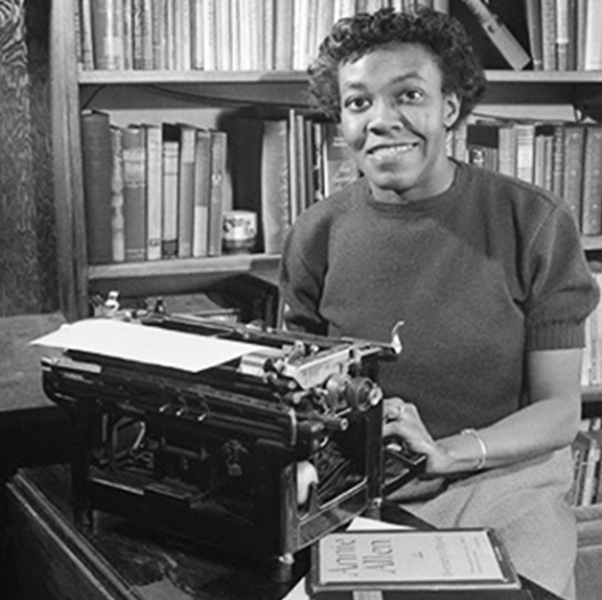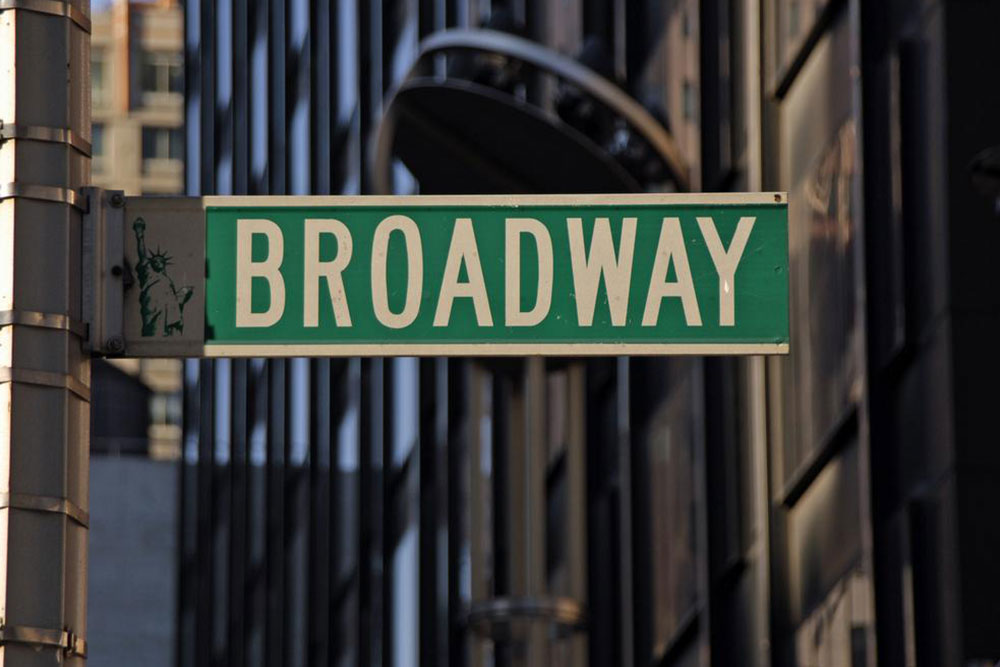5 Women Who Made History (That History Forgot)
This is probably not the best time to be a woman in this world, but it’s certainly a better time for women than most of human history. A lot more needs to be done to promote women’s rights around the world, but a substantial number of women now have access to education, economic possibilities, and leadership roles – more than ever before. This only became a reality because of generations of courageous, wise and brilliant women who molded the future for those in the generations to follow.

So without further ado, let’s learn about five women who made history and were then lost to it.
1. Grace Hopper
Grace Hopper, born in 1906 in New York City was a Mathematician, Computer Programmer, and Military Leader. She had earned a Ph.D. in Mathematics from Yale University in 1934, becoming one of the first few women to earn the degree. She joined the U.S. Navy during World War II and was assigned to work on Mark I Computer. She along with her team created the first computer language compiler, which led to the invention of popular COBOL language after the war. Compilers are an essential part of computers which helps translate source code written in one computer language into another. At the age of 60, she resumed active naval service and rose to the rank of Admiral, before retiring in 1986. She was awarded the highest level of distinction for non-combat personnel. Her contribution to the world of computing is invaluable.
2. Lois Jenson
With all the sexual harassment cases flooding the headlines last year, one woman who should be given the utmost credit for making it possible is Lois Jenson. A woman, who is seldom mentioned or honored, initiated a class action lawsuit against the employer. Born in 1948, Lois Jenson came from a family of miners from northern Minnesota. She and other three women became the first female employees of Eveleth Mines and in the male-dominated company; they faced hostile situations and were subjected to frequent sexual harassment and name shaming. Working for 9 long years in such conditions, Jenson filed a complaint with the state which turned into a 14-year long legal battle. As a result, the company settled for millions with its female employees. This led to widespread implementation of sexual harassment policies all over the country.
3. Gwendolyn Brooks
Gwendolyn Brooks born June 7, 1917, in Topeka, Kansas, was a post-war Poet and best known for being the first ever African American to win a Pulitzer Prize, for her 1949 book Annie Allen. Brooks graduated from Wilson Junior College in 1936, having already begun to write and publish her work at an early age. She was the author of more than twenty books of poetry and numerous other books including novel Maud Martha (Harper, 1953), and Report from Part One: An Autobiography (Broadside Press, 1972) etc. In 1968, she was entitled poet laureate for the state of Illinois. She also received an American Academy of Arts and Letters Award, the Frost Medal, a National Endowment for the Arts Award, and the Shelley Memorial Award, among many other accolades.
4. Margaret Hamilton
Margaret Hamilton, born on August 17, 1936, was an American Computer Scientist, System Engineer. She graduated from Hancock High School in 1954, and studied mathematics at the University of Michigan in 1955. In 1960, she held an interim post at MIT to develop software for predicting weather on the LGP-30 and the PDP-1 computers for Professor Edward Norton Lorenz in the meteorology department. She worked on the SAGE Project at Lincoln Lab from 1961 to 1963, which subsequently led to her appointment at MIT. At that time MIT was working on the Apollo Space Mission and she literally became the woman who took humanity to the moon. Hamilton wrote the code for onboard flight software of Apollo 11 and she won NASA’s Exceptional Space Act Award as a result of the work.
5. Adrienne Rich
Adrienne Rich, an American poet, essayist and a radical feminist, was born on May 16, 1929, in Baltimore, MD. She started writing poetry at an early age and her poems were selected for publication when she was in college. She graduated from Radcliffe College with a degree in English in 1951. In the same year, she published her first collection, ‘A Change of World’. Rich won the National Book Award for this work after she released the poetry collection, ‘Diving into the Wreck’, in 1973 as her commitment towards social activism. She was honored with several awards, including a fellowship from the John D. and Catherine T. MacArthur Foundation in 1994.




